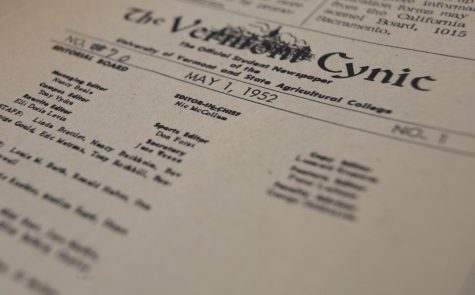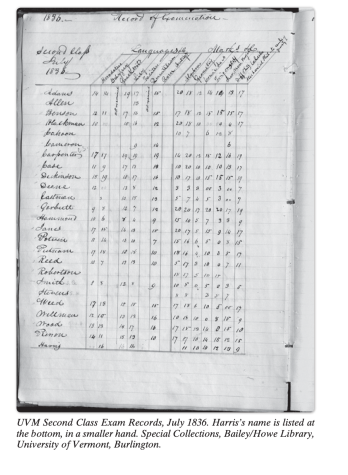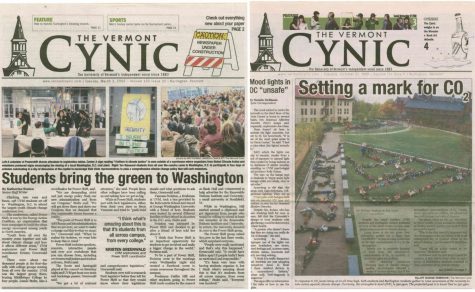Manure leads to evacuation
Turns out the smell of cow manure is unfamiliar to some Vermonters, as the smell of it in Jeffords Hall prompted a professor to call the Burlington Fire Department.
The UVM life sciences building, was briefly evacuated Jan. 20 due to a “mysterious odor,” according to a WCAX article.
“I just smelled an odor in one of our third floor labs and phoned it in to UVM security, who contacted the Fire department,” Phil Lintilhac, a research associate professor of plant biology, said.
He did not know where the odor originated from, and he thought that it might be a gas leak from the natural gas lines in the building, which concerned him, Lintilhac said.
“It was impressive to note how quickly the lab safety mechanism at the University was put into motion,” he said
The fire department showed up a minute or two after he phoned it in, and he said that they were very systematic and professional about finding the source of the odor.
The Burlington Fire Department discovered that cow manure had ended up in a sterilization oven in one of the labs, which created the smell, according to the WCAX article.
Sterilization by hot air in these types of ovens is considered one of the most common sterilization methods used in laboratories, according to the Centers for Disease Control and Prevention (CDC).
Heat is the most effective and rapid method of sterilization and disinfection, according to the CDC.
The manure would not have inhibited the effectiveness of the sterilization oven anyway, Lintilhac said.
“Yeah it could have been avoided, but I mean, it was a silly human error,” first-year Dan Sullivan said.
“It seems like no one was hurt and nothing was damaged so I don’t think it was that big of a deal,” he said.
The University has been proactive in trying to increase the awareness of lab-safety issues among those who work in the science labs on campus, Lintilhac said.
“I have nothing but good things to say about the Environmental Health and Safety group at UVM,” Lintilhac said.
After approximately 45 minutes, students and faculty were allowed back into the building when it was determined there was no safety threat.
The reason for the manure being there is still unknown, according to the article.
“If you had been in the building at the time you would not have noticed anything unless you had been right in the room where the odor was detected,” Lintilhac said.
He felt that if there was any possibility that it might be a gas leak it was better to be safe than sorry.
The incident all adds up to people being unfamiliar with this typical Vermont smell, Vermont resident Shawn Bryan explained in his comment on the WCAX website.
“Too many city folks-don’t know the smell of good old Vermont manure,” he said.
Ê
Ê
Ê










